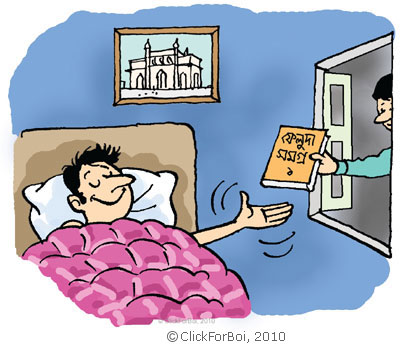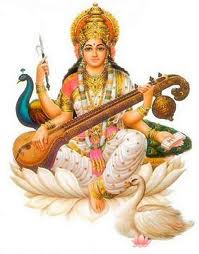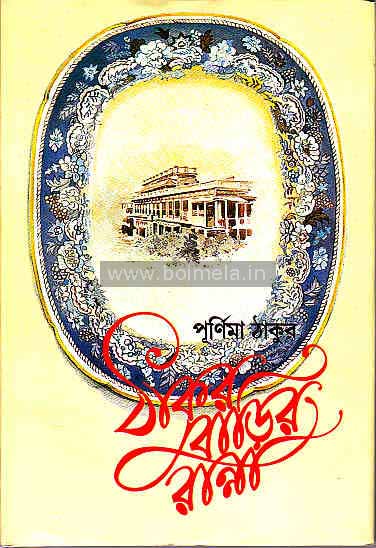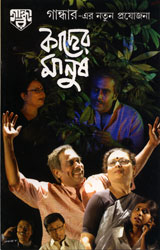By Amitava Sen
Have you noticed that the City of Joy has turned out to actually be a City of Billboards? The skyline as viewed from the roads is plastered with huge hoardings. If only they were placed somewhat lower, they could hide the squalor directly below. The displays for luxury apartments hang directly over the shack dwellings; advertisements for purified drinking water cast a shadow over the polluted cesspools that are the byproduct of cleaning and washing by the shanty dwellers. Then there are displays for fancy snacks and beverages, frowning directly on the people down below who live on less that one dollar a day. But the advertisers have a point in placing their billboards here, for they are not meant for the pedestrian hoi polloi, you can only view these displays from a distance if you are riding an automobile. In addition to the billboards, Calcutta has a tradition of roadside walls and building facades covered with paper posters, to be on the eye level of the passers by. The billboards are gaining in prominence as the car population in Calcutta is climbing exponentially every day. Continue reading







